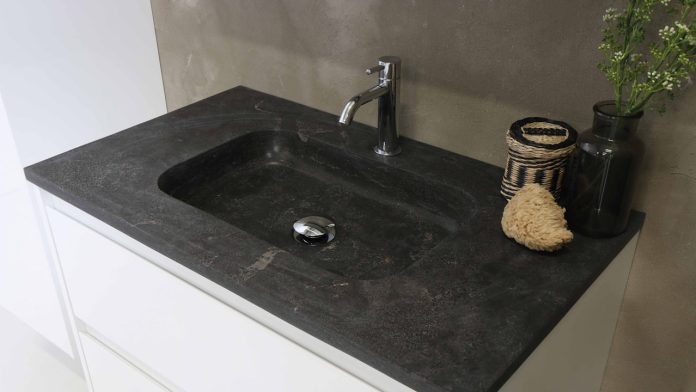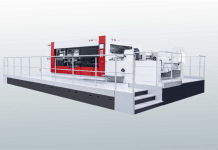Any computer system’s central processing units (CPUs), which perform operations and control data processing, are its important components. The importance of advancements in CPU heat sink technology becomes more and more essential as CPUs continue to develop in power and generate more heat.
The advancement of custom cpu heatsink technology and its effects on computer working will be discussed in this article.
Evolution of CPU Heat Sink Technology
Passive aluminum was one of the early materials used in custom cpu heat sink technology. Even though they are still widely used today, they cannot handle high heat loads. Manufacturers developed active heat sinks with an integrated fan to address this issue.
They are more efficient at dissipating heat from the CPU thanks to the fan’s increased airflow and cooling capacity. The most current developments in heat sink technology use cutting-edge substances like graphite and diamond.
Since they are highly conductive, heat sinks made of graphite dissipate heat more effectively than heat sinks made of conventional metal. This is carried a step further by diamond-based heat sinks, which provide graphite with competition in terms of heat conductivity.
Impact of Advancements on Computer Performance
Certainly! The impact of advancements in CPU heat sink technology on computer performance is significant. As CPUs become more powerful, they generate more heat, which can lead to performance issues if not managed properly. Here are some ways in which advancements in heat sink technology can improve computer performance:
Increased Cooling Capacity
The cooling capability of a custom cpu heat sink has grown as they have advanced. This prevents CPUs from overheating when operating at higher clock rates and handling greater workloads. Particularly in high-performance designs, this additional cooling capacity can lead to observable increases in overall system performance.
Lower Noise Levels
Most of the more modern heat sinks are quieter than traditional heat sinks with fans. This could result in a more relaxing and peaceful computer experience for those who value a quiet workstation or gaming environment.
Longer Lifespan for CPUs
CPUs may experience thermal stress, which happens when they run at high temperatures for lengthy periods, which could reduce their lifespan. By reducing its temperature with the aid of contemporary heat sinks with improved cooling capabilities, the CPU’s endurance can be increased.
Improved Overclocking Potential
In the practice of overclocking, a CPU’s clock speed is raised over its preset specs to improve performance. Advanced heat sinks with more cooling capacity can be used to dissipate the extra heat generated by overclocking, allowing the CPU to run at higher clock rates. This can lead to a big performance boost for those that overclock.
Future of CPU Heat Sink Technology
The technology of CPU heat sinks has a bright future. The demand for even more advanced heat sink technology will grow as CPUs continue to get more powerful. Manufacturers are currently working on novel materials and manufacturing methods that can manage even larger heat loads while still dissipating heat effectively.
These advancements may result in the development of cooling systems that are more effective, quieter, and have longer CPU lifespans. While researchers look for new ways to keep CPUs cool, novel cooling methods like micro channel cooling may also become more common.
We may anticipate much greater performance from our computers in the future thanks to these developments. Also, we can observe the integration of CPU heat sinks with other parts, like graphics cards or RAM, enhancing system performance and cooling effectiveness.
Further innovation and breakthroughs in components, methods, and integrated systems, which enhance computer performance and user experience, are likely to define the future of CPU heat sink technology.
Conclusion
A more effective cooling system has been made possible by advances in heat sink technology, minimizing system instability and damage brought on by overheating while also increasing overall computer performance.
With continued research and development into increasingly more sophisticated materials and techniques that can withstand even larger heat loads, the future of heat sink technology appears bright.








